In the vast pantheon of gods and supernatural beings, one name stands out prominently – Yahweh. But what makes this name so influential and profound? Could Yahweh have connections to the Anunnaki, ancient Mesopotamian deities? Join us on a journey of discovery as we delve into the origins of Yahweh, from ancient myths to modern interpretations.
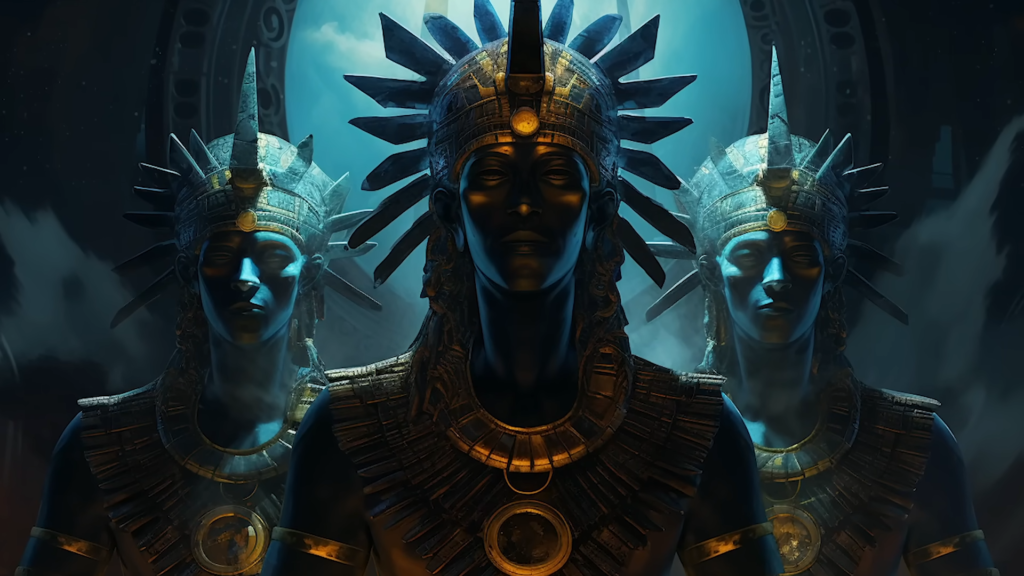
Yahweh in Ancient Texts:
The sacred scriptures of Abrahamic religions speak of a God who seems to govern the cosmos, creating everything from stars to humans. Known as Yahweh, this deity has left a significant mark on human history, shaping societies and cultures. Examining Yahweh closely reveals more than just a quest for truth; it’s a journey to the heart of our collective culture and our shared past.
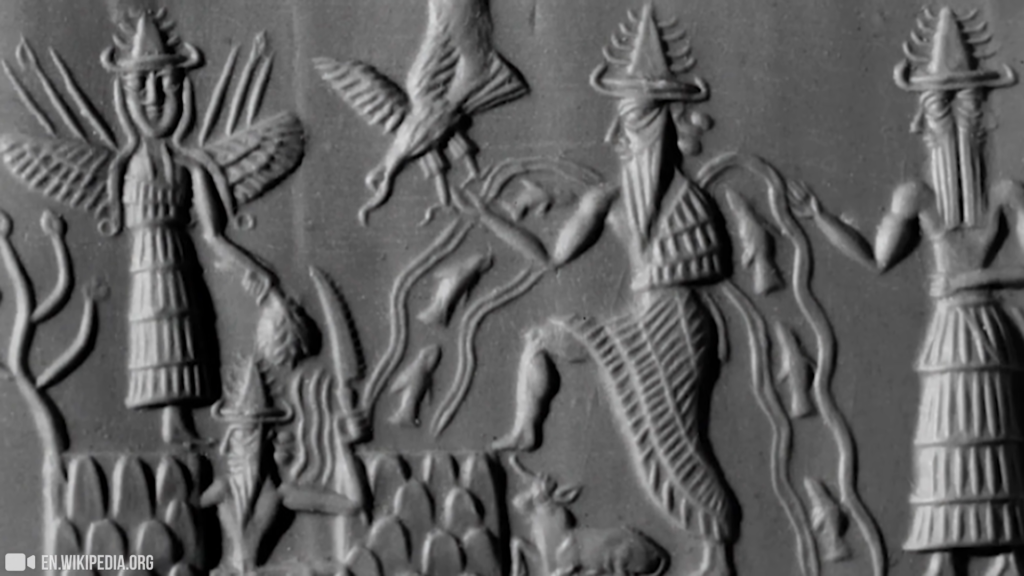
Anunnaki Influence:
Our journey to the Middle East brings us face to face with the Anunnaki, ancient Mesopotamian gods worshipped by Sumerians, Akkadians, Assyrians, and Babylonians. Is there a connection between these ancient gods and Yahweh? Could the Creator have emerged from the Anunnaki civilization? Exploring this possibility unveils hidden layers of ancient history, altering our understanding of human origins.
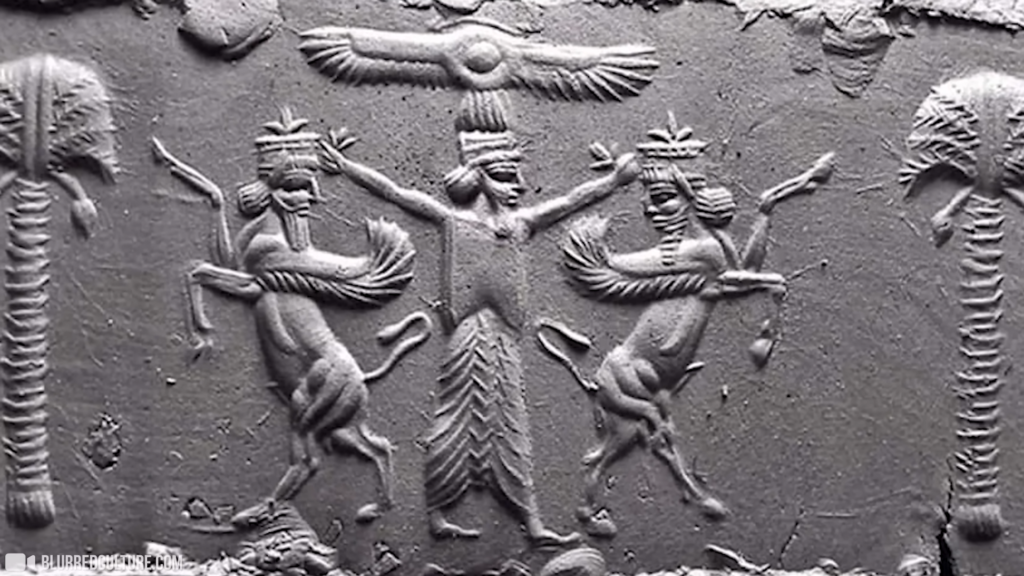
Evolution of Yahweh:
Tracing the evolution of Yahweh reveals a complex theological and cultural transformation. From a local deity to the supreme God of Israel, Yahweh’s ascent was gradual, marked by social, cultural, and political changes. Early Israelites worshipped multiple gods, including Baal, the god of fertility. However, Yahweh’s dominance grew over time, reflecting societal shifts and religious reforms.
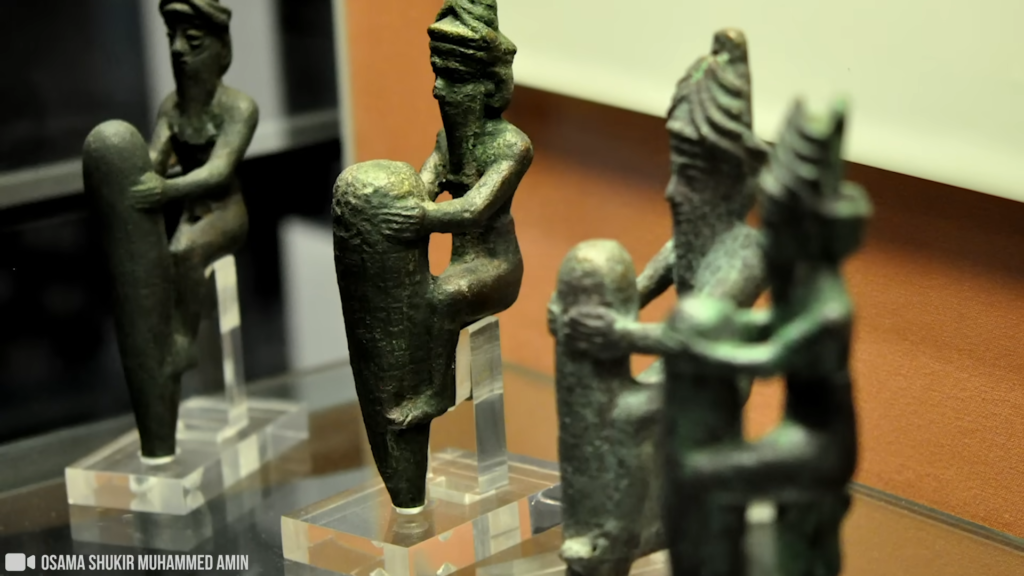
Yahweh’s Attributes:
Yahweh’s portrayal as a warrior god contrasts with images of other ancient deities. While Anunnaki were associated with storms and battles, Yahweh’s narrative emphasizes wisdom, knowledge, and control over precious metals. This divergence hints at a unique identity for Yahweh, distinct from other gods of the ancient Near East.
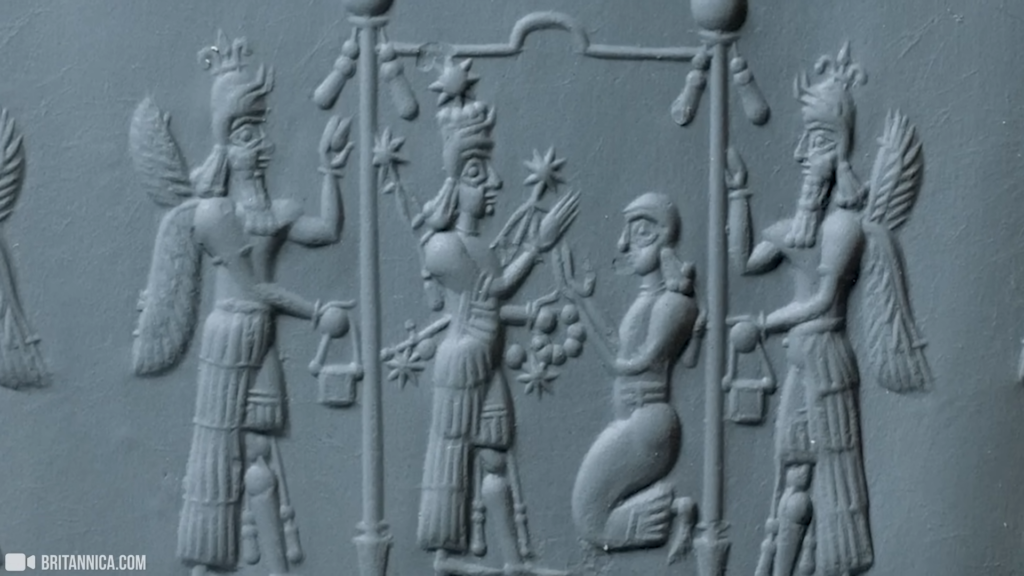
Linguistic and Cultural Influences:
The word “Yahweh” carries linguistic traces deeply rooted in Semitic languages, evolving into “Jehovah” in the late Middle Ages. Its origin may also be traced to Arabic, suggesting a deity’s passion or commitment to its people. This linguistic journey mirrors Yahweh’s cultural assimilation and adaptation across different civilizations and time periods.
As we unravel the mysteries surrounding Yahweh’s origins, we confront profound questions about our understanding of divinity and our place in the cosmos. Could Yahweh’s story unveil secrets about ancient astronauts and extraterrestrial civilizations? This exploration not only sheds light on our past but also offers insights into our shared human experience. By recognizing Yahweh’s journey from among many gods to the sole deity, we gain a deeper understanding of religious evolution and its impact on human history. Join us on this fascinating quest for knowledge and enlightenment.




